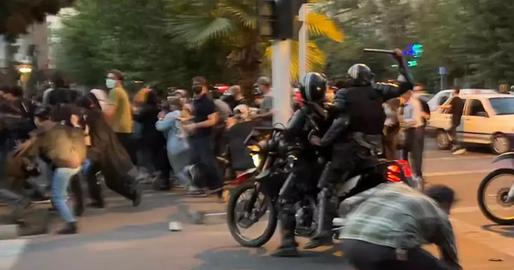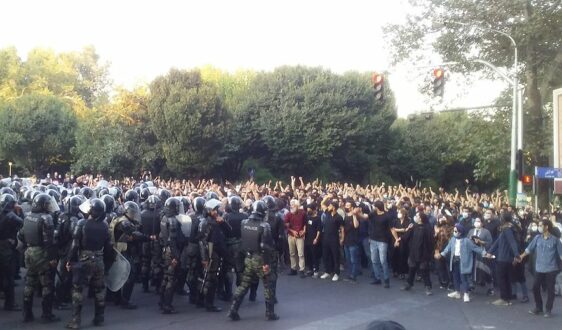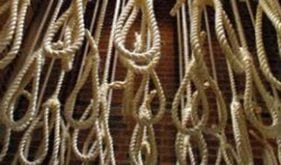Iranwire – As protests continue across Iran, there are many unanswered questions about how the Islamic Republic trains the police, the riot police, plainclothes agents and interrogators to brutally suppress protests and abuse protesters. This article looks at official studies to try to answer some of the most important.

The police, the riot police, officially called “special units”, and plainclothes agents are trained in a system called “dwarf breeding”, according to the latest issue of Iran’s quarterly Journal of Strategic Management Research. Its paper titled “Explaining the strategic pattern of dwarf breeding management in Iranian government organizations” argues that in the past four decades, a significant number of so-called “dwarves” have been recruited, ideologically trained and encouraged by this system to suppress protests widely and brutally.
“Dwarf breeding” promotes unqualified men, who know more about using force than delivering results, to key positions and as directors of government organizations – in the same way that, in the suppression machinery of the Islamic Republic, only those who serve the system without reservation and obey every command without question can rise in the ranks.
The article argues that in systems such as the Islamic Republic, dwarf managers are bullies and demagogues, have a totalitarian and oppressive mindset and come at great cost to the system.
Police and intelligence and security organizations in the Islamic Republic are no exception. While the research paper does not refer to these agencies directly, a considerable number of surveys show how the riot police are psychologically primed to suppress protests in the most brutal way possible. Members of the force reportedly tend to struggle with a range of personal, family, bureaucratic and social problems and these problems play a significant role in how they deal with protests in the street.
A study published in 2020 by the Journal of Research Police Science, called “Designing Emotion Management Model for Police Special Forces (Case Study: Kurdistan Province)”, shows how members of the riot police think, in what conditions they live and the factors which affect their performance in the field.
One aspect of this focuses on the level of stress and tension experienced by members of the riot police. Several of those who participated in the study in the Iranian province of Kurdistan said that their personal problems affect how they carry out their missions.
Some study participants said that, when people swear at them, they “feel unappreciated”, while some said they are always afraid of physical and psychological harm through their work, especially since they are not able to trust each other. “Our success is largely dependent on the decisions made by senior police officials,” they said. “Sometimes they do not support us and discriminate against us.”
However, the study suggests that members of the riot police are “spiritual”. They try to keep composure by putting their trust in God and hoping that God will reward them for their work. They view their actions as a “divine test”, and the stronger this view, the more decisive they are in the field.
A study by the quarterly Journal of Semnan Police Science concludes that individual, organizational, and environmental stresses are “significantly predictive of the performance of special unit staff”.
A study published in 2017 by the quarterly Police Management Studies suggested that field commanders in the riot police motivate their forces to suppress and kill protesters by using “religious justification of their actions”, “speeches” and “pictures and films of destructions by rioters”.
It is a little-known fact that some military draftees are assigned to the riot police for the duration of their service. This is a very different situation from that of regular members of the force and they are also treated differently. The character and the worldview of these soldiers is not necessarily the same as that of the regular members.
In fact, these soldiers themselves may be further victims in the police units where they serve, especially in the riot police. Research in a quarterly published by Iran’s police concludes that “managerial factors”, “individual factors” and “structural factors” within the national police are the most important factors that cause soldiers to leave the service.
The study goes on to advise “commanders, chiefs, and managers of the NAJA [national police]” to show empathy with soldiers to reduce their anxiety, reduce excessively rigid procedures and not treat subordinates in a degrading manner.
There are reports that during recent protests over the death of Mahsa Amini, several members of the riot police have refused to obey the orders of their field commanders.
 Shabtabnews In this dark night, I have lost my way – Arise from a corner, oh you the star of guidance.
Shabtabnews In this dark night, I have lost my way – Arise from a corner, oh you the star of guidance.



